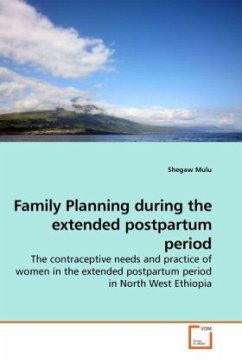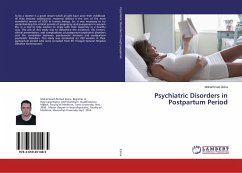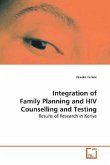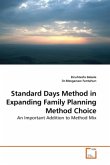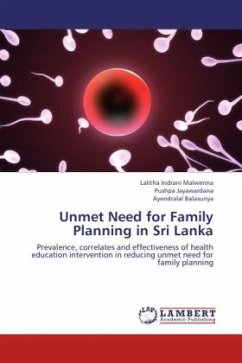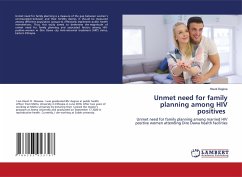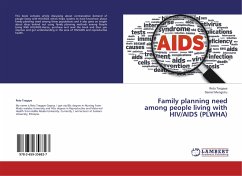The contraceptive behavior of women in the extended postpartum period is usually different from other times in a woman s life cycle due to breast feeding, postpartum amenorrhea, postpartum sexual abstinence or concerns of women on the effect of contraceptives on breast milk. However, it is a time with a rising risk of unwanted conception and an often-frustrated desire for contraceptive protection. The prevalence of modern contraceptive use was found to be 48.8% among women in the extended postpartum period. The majority of current contraceptive users were using injectables (68.3% followed by pills (25.4%). Non breast feeding and cycling women were more likely to practice contraceptives than currently breast feeding women. The analysis of the finding will help understand the contraceptive behaviors, needs and preferences of women in this period so that family planning providers can use it to provide quality family planning service to their clients. Family Planning program managersand policy makers can also use the analysis to design an effective family planning program in the postpartum period.
Bitte wählen Sie Ihr Anliegen aus.
Rechnungen
Retourenschein anfordern
Bestellstatus
Storno

